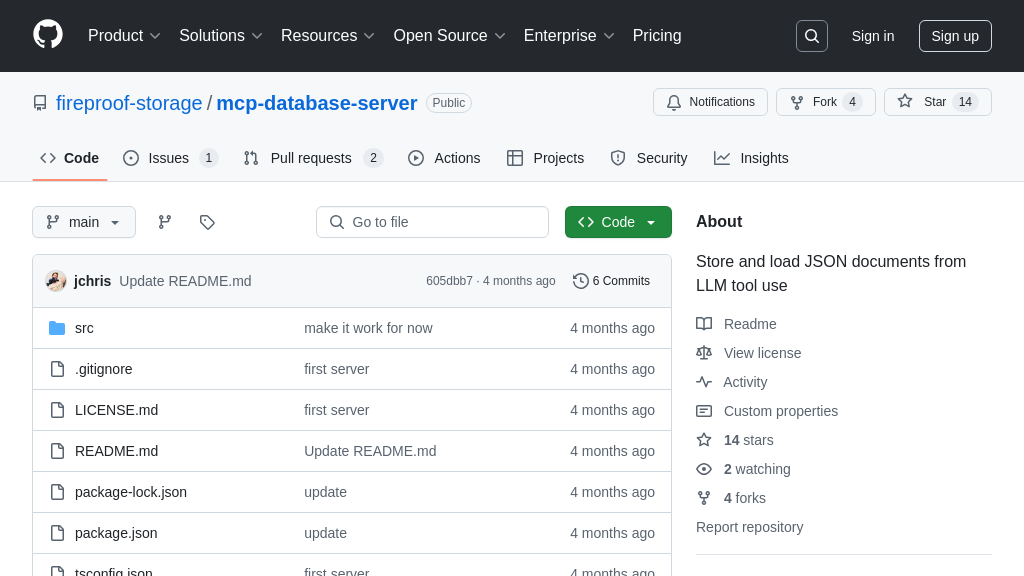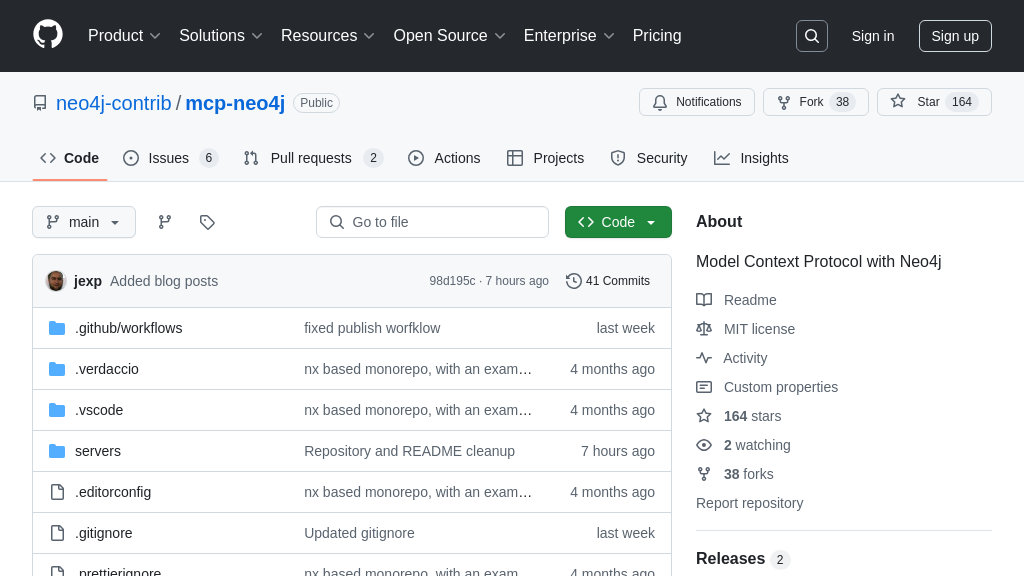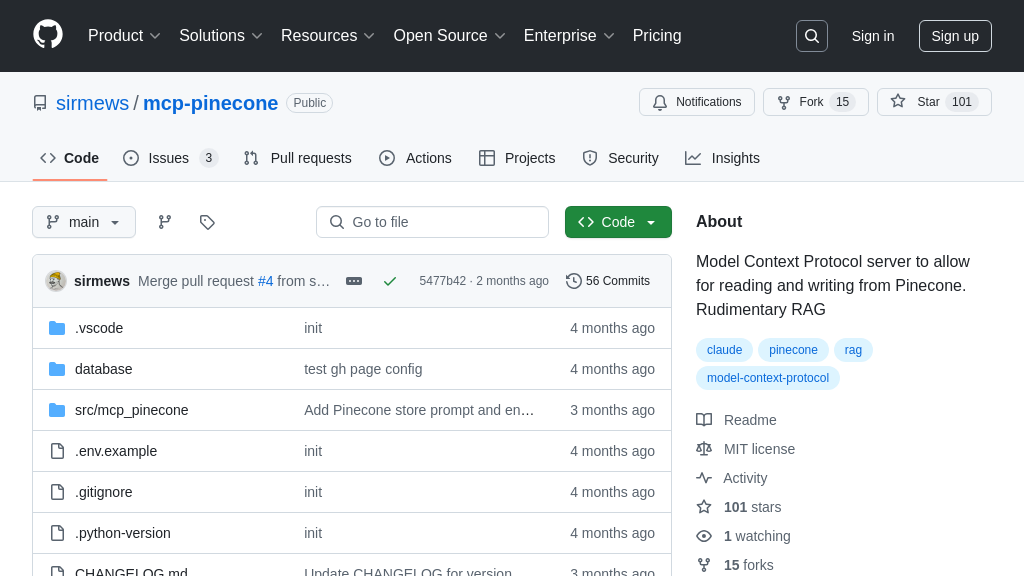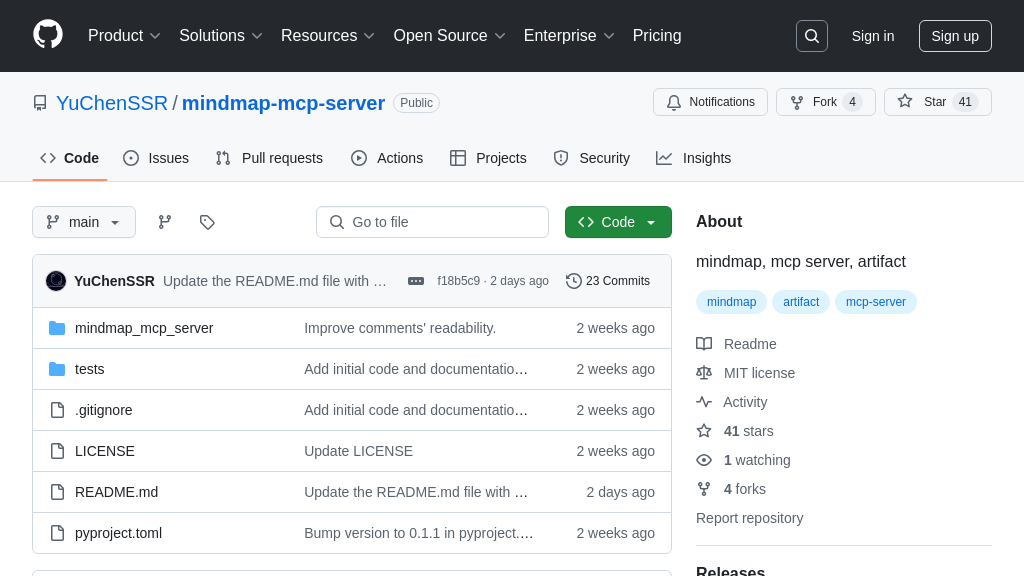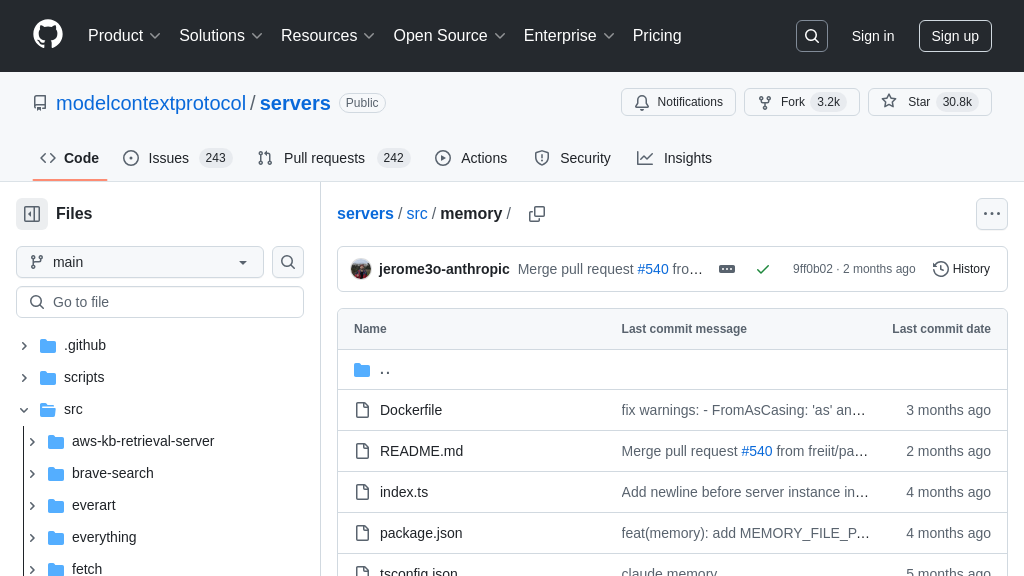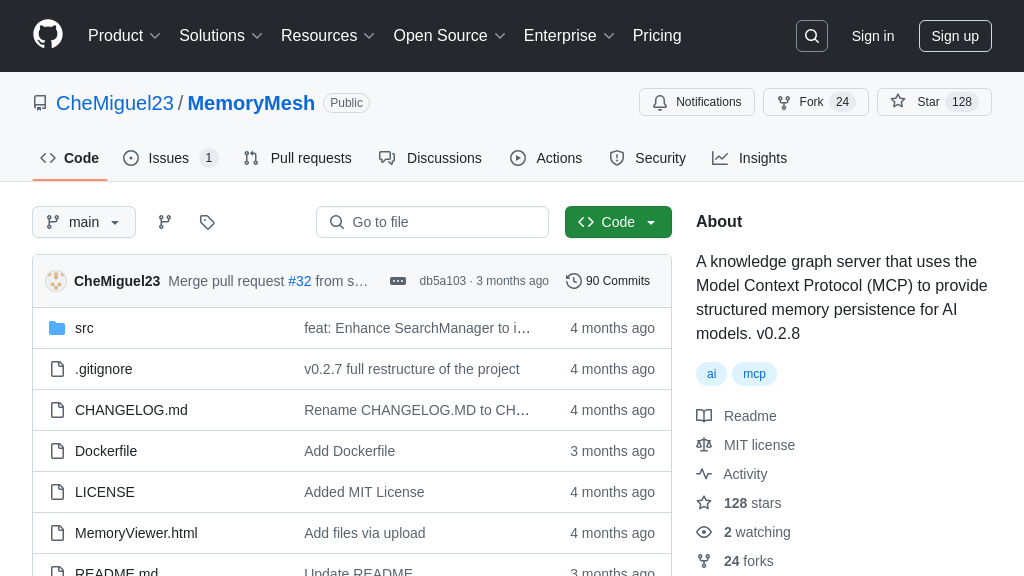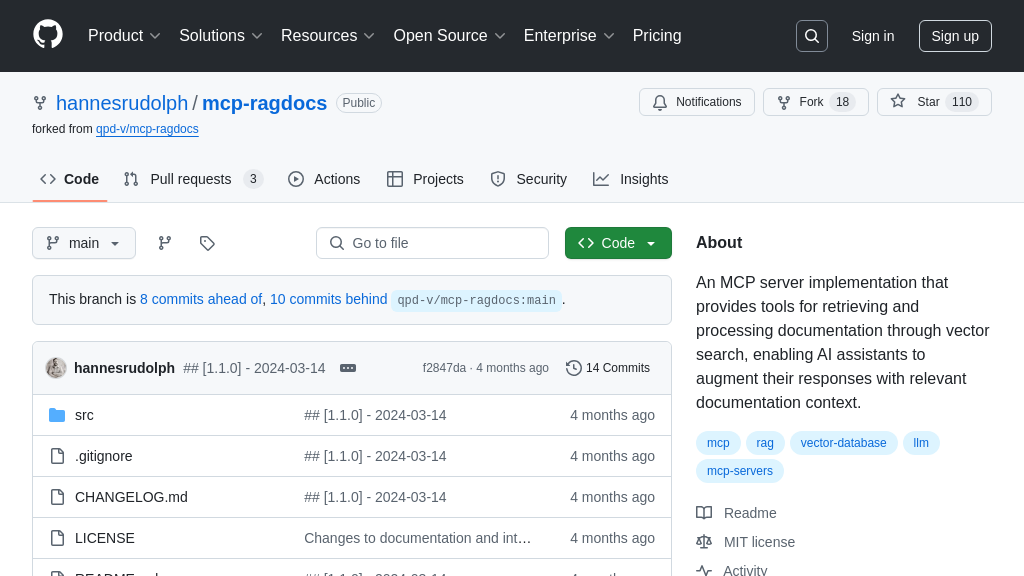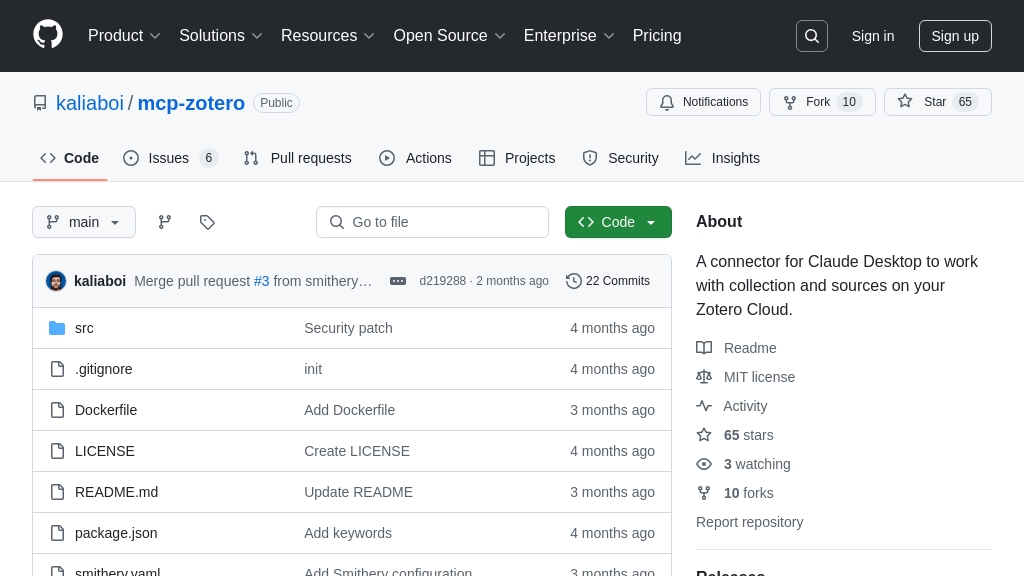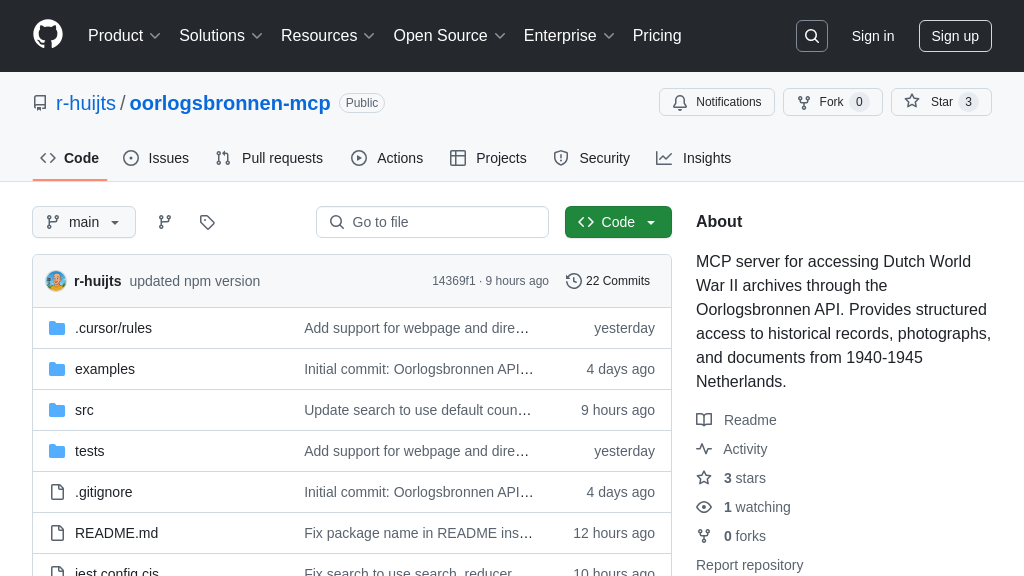mem0-mcp
mem0-mcp: An MCP server for managing coding preferences, enabling efficient AI model integration.
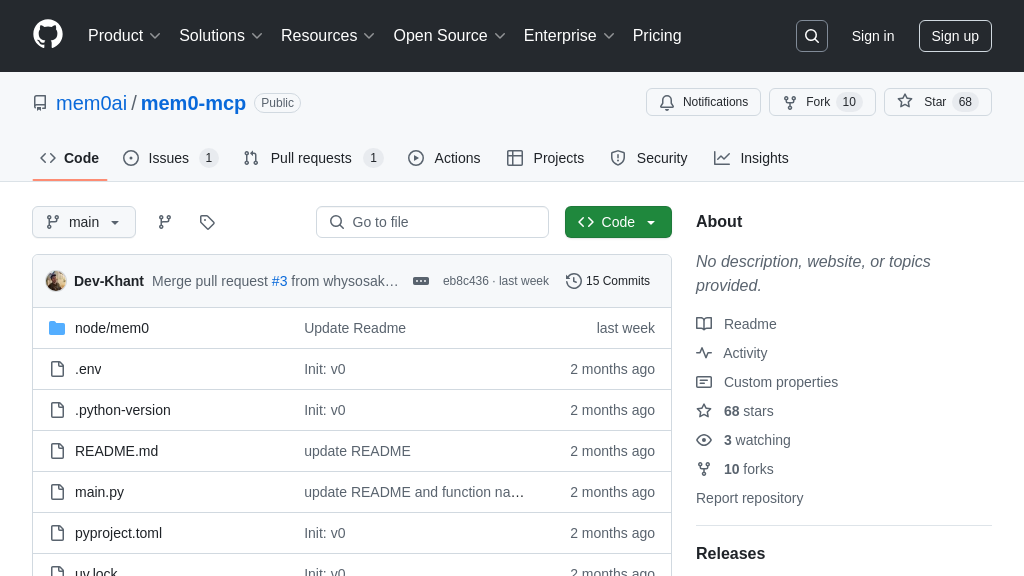
mem0-mcp Solution Overview
mem0-mcp is an MCP server designed for efficient management of coding preferences. It empowers developers to store, retrieve, and semantically search coding preferences, including code snippets, implementation details, and best practices, all accessible via MCP. This server offers functionalities like add_coding_preference, get_all_coding_preferences, and search_coding_preferences, providing a structured approach to managing code-related knowledge.
The server exposes an SSE endpoint for seamless integration with AI models, such as Cursor, allowing them to access and utilize stored coding preferences. By running as a decoupled process, mem0-mcp enables persistent access to coding preferences, fitting well with cloud-native use cases. Developers can easily integrate it by connecting to the SSE endpoint and leveraging the exposed functionalities within their AI-powered coding environments. This enhances AI model capabilities by providing a rich, contextual understanding of coding preferences.
mem0-mcp Key Capabilities
Semantic Coding Preference Search
The search_coding_preferences function enables AI models to perform semantic searches across a repository of coding preferences. This goes beyond simple keyword matching, allowing models to understand the intent and context behind a search query. The function leverages mem0's capabilities to index and retrieve coding preferences based on their meaning, not just their literal content. This includes code snippets, implementation details, coding patterns, and associated context like dependencies, language versions, and documentation.
For example, a developer could ask, "How do I implement a rate limiter in Python using asyncio?" The search_coding_preferences function would identify relevant code examples, best practices, and setup guides, even if the exact phrase "rate limiter" isn't present in the stored preferences. This allows AI models to provide more accurate and relevant coding assistance, accelerating development and reducing errors. The technical implementation involves using mem0's semantic search API to query the indexed coding preferences.
Structured Coding Preference Storage
The add_coding_preference function provides a structured way to store code snippets, implementation details, and coding patterns along with comprehensive context. This context includes the complete code with dependencies, language/framework versions, setup instructions, documentation, comments, example usage, and best practices. By storing coding preferences in a structured format, the system ensures that AI models have access to all the information they need to understand and utilize the preferences effectively.
Imagine a scenario where a development team wants to standardize the way they handle error logging. Using add_coding_preference, they can store a code snippet demonstrating the preferred logging method, along with documentation explaining why this method was chosen and how to integrate it into existing projects. This ensures consistency across the team and makes it easier for AI models to suggest the correct logging approach in different situations. The technical implementation involves serializing the coding preference data into a structured format (e.g., JSON) and storing it in mem0.
Real-time Preference Access via SSE
The mem0-mcp server exposes a Server-Sent Events (SSE) endpoint, allowing MCP clients to connect and receive real-time updates to coding preferences. This is crucial for AI models that need to stay up-to-date with the latest coding standards and best practices. The SSE endpoint enables a persistent connection between the client and server, allowing the server to push updates to the client as soon as they become available.
Consider an AI-powered code completion tool that uses mem0-mcp to suggest code snippets to developers. By connecting to the SSE endpoint, the tool can receive real-time updates to the coding preferences, ensuring that it always suggests the most current and relevant code. This improves the accuracy and usefulness of the code completion tool, making developers more productive. The technical implementation involves using a web server framework (e.g., FastAPI) to create an SSE endpoint that streams updates to connected clients.
Integration Advantages
mem0-mcp's design as an MCP server with an SSE endpoint offers significant integration advantages within the broader AI ecosystem. The client-server architecture allows for decoupled processes, meaning the server and clients can run independently on different nodes. This is particularly beneficial for "cloud-native" use cases where AI agents need to access coding preferences from various locations. The use of SSE enables real-time updates, ensuring that AI models always have access to the latest information.
Furthermore, the integration with Cursor, a popular AI-powered code editor, demonstrates the practical applicability of mem0-mcp. By connecting to the SSE endpoint in Cursor, developers can leverage the stored coding preferences to improve their coding efficiency and consistency. This highlights the potential for mem0-mcp to be integrated with other AI tools and platforms, creating a more seamless and efficient development workflow.
